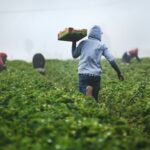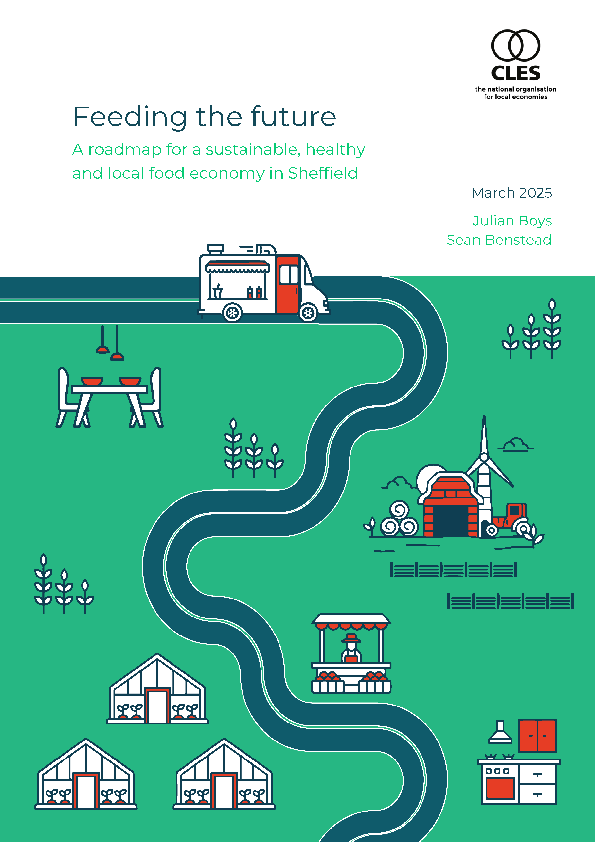Can tourism work for Wales?
The economic benefits of tourism are not distributed evenly within communities and their workforce. Former CLES Q-Step data intern Jasmine Barry conducted analysis on the impact of holiday homes and ownership, pay and conditions in the hospitality industry to understand how a sustainable model of tourism can benefit people and places.
Tourism plays a major role in the UK economy, contributing 5 per cent of gross domestic product (GDP), supporting nearly one in fifteen jobs, and generating over £50bn in tax revenue in 2024. Yet these benefits are not always shared evenly. In many destinations, rising visitor demand has also put pressure on local communities – pushing up housing costs and increasing reliance on low‑paid, seasonal work.










